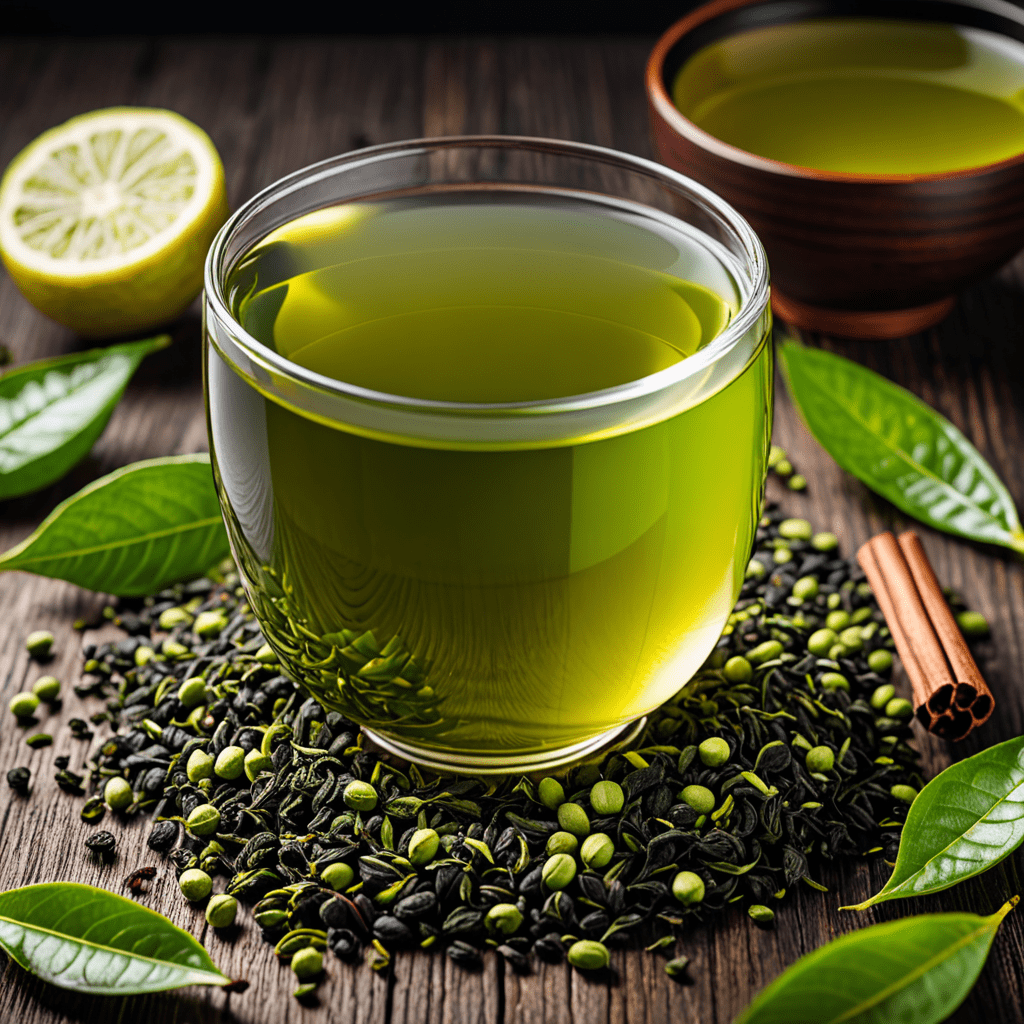1. A History of Assam Tea: A Legacy Unfolding
Nestled amidst the verdant hills of northeastern India, the Brahmaputra Valley is the birthplace of the world-renowned Assam tea. Its origins can be traced back to the mid-19th century when British planters first discovered the wild tea trees growing in abundance in the region. Recognizing its potential, they began establishing tea plantations, marking the dawn of a new era in Assam's history. Today, Assam tea stands as a testament to the region's rich agricultural heritage and has become an integral part of the global tea industry.
2. The Assam Tea Plantation System: A Model of Cultivation
The Assam tea plantation system is unique in its approach to cultivation. Unlike other tea-growing regions, Assam's plantations are vast estates, featuring rolling hills carpeted with tea bushes. These estates employ skilled workers who meticulously tend to the tea plants throughout their growth cycle. The favorable climate, characterized by abundant rainfall and a long growing season, allows for multiple harvests each year, contributing to Assam's reputation as a prolific tea producer.
3. The Process of Harvesting Assam Tea: From Bud to Leaf
Harvesting Assam tea is a delicate process that requires precision and experience. Typically, the first harvest occurs in March, with subsequent harvests taking place every few weeks until November. Only the youngest leaves and buds, known as the "flush," are handpicked by skilled workers. This selective harvesting ensures that the tea retains its optimal flavor and aroma. The harvested leaves are then carefully transported to the factory for further processing.
4. The Manufacturing of Assam Tea: A Symphony of Skill and Tradition
The manufacturing of Assam tea is a complex process that involves several stages. After harvesting, the leaves undergo a process of withering, during which they are spread out in thin layers and allowed to wilt. This reduces their moisture content, making them more pliable for rolling. The leaves are then rolled, either by hand or machine, a technique that breaks down the cell walls and releases the tea's essential oils. The rolled leaves are then oxidized, a process that gives Assam tea its characteristic dark color and malty flavor.
5. The Grades and Varieties of Assam Tea: A Spectrum of Flavors
Assam tea is available in a wide range of grades and varieties, each with its own distinct character. The grades are determined by the size and quality of the leaves, with the finest grades consisting of whole leaves. Assam tea can be categorized into three main types: CTC (Crush, Tear, Curl), Orthodox, and Green. CTC teas are known for their robust flavor and are often used in tea bags, while Orthodox teas are characterized by their full-bodied taste and are preferred by tea connoisseurs. Green Assam tea, on the other hand, undergoes minimal oxidation, resulting in a delicate and refreshing flavor.
6. The Unique Flavor and Aroma of Assam Tea: A Symphony of Senses
Assam tea is renowned for its distinctive flavor and aroma, which set it apart from other teas. Its robust, malty flavor is complemented by a full-bodied texture and a slightly bitter finish. The unique flavor profile of Assam tea is attributed to the region's climate, soil conditions, and the traditional processing methods employed. The tea's aroma is equally captivating, featuring notes of malt, spice, and a hint of earthiness. Assam tea is a true sensory delight that tantalizes the taste buds and awakens the senses.
7. The Health Benefits of Assam Tea: Nature's Elixir
Beyond its exquisite flavor, Assam tea is also celebrated for its numerous health benefits. It is a rich source of antioxidants, which help protect the body from damage caused by free radicals. Studies suggest that regular consumption of Assam tea may aid in reducing the risk of chronic diseases, such as heart disease and cancer. Additionally, Assam tea contains polyphenols, which have been linked to improved brain function and reduced inflammation. With its wealth of health-promoting compounds, Assam tea is a natural elixir that nourishes both body and mind.
8. The Cultural Significance of Assam Tea: A Social Fabric
Assam tea is deeply rooted in the cultural fabric of Assam. It is a symbol of pride and a source of livelihood for many in the region. Tea gardens are an integral part of the local landscape, providing employment and shaping the social fabric of numerous communities. Assam tea is also an important aspect of Assamese cuisine, featuring prominently in traditional dishes and beverages. The tea's rich flavor and aroma have become synonymous with Assamese hospitality, making it an essential part of social gatherings and celebrations.
9. The Future of Assam Tea: Innovation and Sustainability
The future of Assam tea is bright, with a growing global demand for its unique flavor and health benefits. However, it is crucial to strike a balance between preserving traditional practices and embracing innovation. Sustainable farming practices are becoming increasingly important to reduce environmental impact and ensure the longevity of Assam's tea industry. Additionally, research and development efforts are focused on exploring new varieties, improving processing techniques, and enhancing the overall quality of Assam tea. By embracing innovation while respecting tradition, the future of Assam tea looks promising.
10. Conclusion: A Legacy of Excellence
Assam tea, with its rich history, unique flavor, and cultural significance, stands as a testament to the agricultural heritage of India. The Assam tea industry continues to evolve, adapting to changing consumer trends and environmental challenges. As the global demand for Assam tea grows, the region's tea gardens remain dedicated to producing exceptional tea while preserving the traditions that have made Assam tea renowned worldwide. Assam tea is not just a beverage but a cultural icon, a source of pride, and an ambassador of excellence from the heart of India.
FAQs:
What is the best way to brew Assam tea?
Assam tea can be brewed using various methods, including the traditional teapot method, the tea bag method, or the French press. For the best results, use fresh, cold water and steep the tea leaves for 3-5 minutes.
What are the different grades of Assam tea?
Assam tea is available in a range of grades, including OP (Orange Pekoe), BOP (Broken Orange Pekoe), and CTC (Crush, Tear, Curl). The grade indicates the size and quality of the tea leaves, with OP being the highest grade.
How can I store Assam tea properly?
To preserve the freshness and flavor of Assam tea, store it in an airtight container in a cool, dark place. Avoid exposing the tea to moisture, heat, or sunlight.
Is Assam tea caffeinated?
Yes, Assam tea contains caffeine, although the amount varies depending on the grade and brewing method. Typically, a cup of Assam tea contains around 40-60 mg of caffeine.
What are the health benefits of Assam tea?
Assam tea is a rich source of antioxidants and polyphenols, which have been linked to various health benefits, including reduced risk of chronic diseases, improved brain function, and reduced inflammation.


